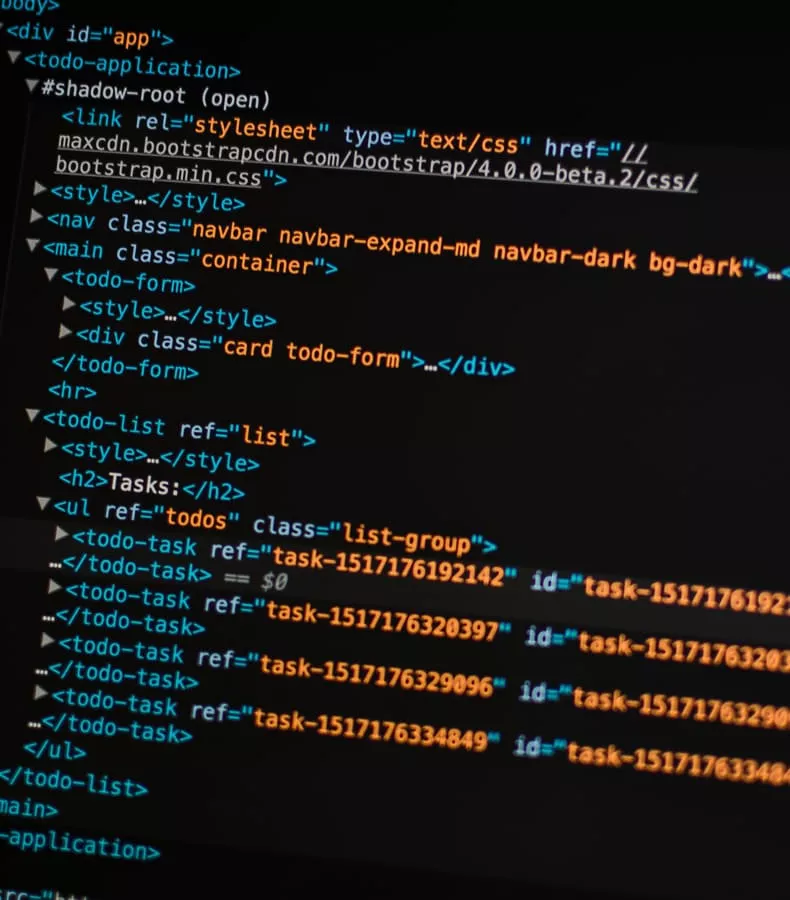Leibniz – Institute (environmental research) and Heuser Software AG develop innovative Alarm concept
The Leibniz – Institut for environmental reasearch (IUF) based in Duesseldorf and Heuser Sorftware AG – now sciencentric AG, developed an Alarm concept for monitoring premises and living objects under laboratory conditions.

The IUF represents one of the leading institutes in Germany facing molecular prevention of environmental health issues. Due to construction activity, the IUF needed a solution in being able to observe premises based on certain criteria, which (digitally) informs responsible contact persons digitally in case of a possible emergency. Also, the laboratorial technical equipment and therefore working living objects had to be protected in case of possible power failures.
Concluding, the Heuser Software AG developed an alarm concept and needed software based on common Hardware components, coming from different manufactures. The solutions core is formed by a network of miniature computers – Raspberry Pi’s Version 2 and 3 – equipped with a compatible USV (Pi-USV/S.USV) and placed in alarm-sensitive areas. Once certain rooms are affected by power failures or if voltage spikes are registered, separate systems report corresponding events to dynamically declared master systems within the network.
Depending on the events severity, scientists on duty will be informed immediately through GSM-Sticks via direct message, allowing them to launch emergency actions. In addition, to provide the living objects well-being, multi-senor stations are implemented in a parallel Zigbee network from Libelium company. These periodically transmit air quality and certain environmental values, e.g. temperature, humidity etc.
In case of severe injuries, alarms are also reported to master systems, that are transferred to the contact person, if required.


The Heuser Software AG’s implemented software to control the sensors is essentially based on a specifically developed OSGi-Framework, used on miniature computers coming from a Java-Embedded surrounding. By using a separately developed OSGi-based Zigbee / JMS bundle, the detection and sending of alarms is provided. The control and their event valuation of the Raspberry Pi USVs has been realized via native programming.
All systems that have been constructed are fully redundant and reflect each other’s resulting data.
Via a REST-based Web- frontend, especially developed for the IUF, scientists are able to immediately display current status reports of current measurements as well as environmental values. As a result, they can also evaluate these measurements historically using any date periods.
For security reasons, the network is an encapsulated operating system and operates environmentally autonomous. Implementing the explained solution above has been developed to signal necessary alarms and also serves as a preference object for a full-fledged and yet cost – saving option in signaling alarms in an energy-efficient, low- administrative, fast and reliable manner.
We are pleased to have won the IUF as a new customer.